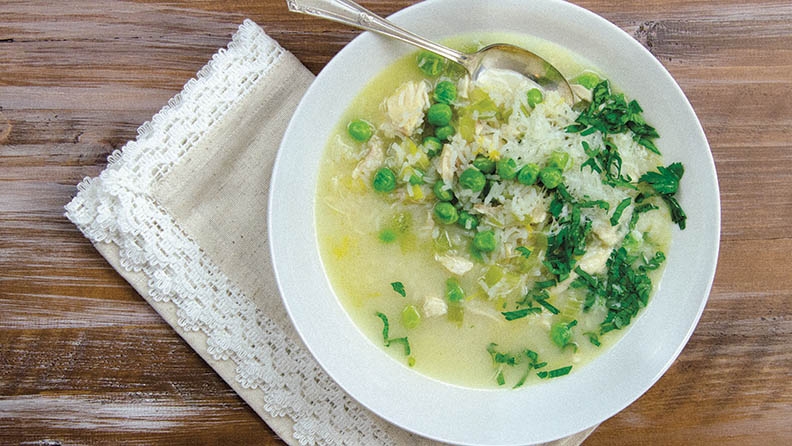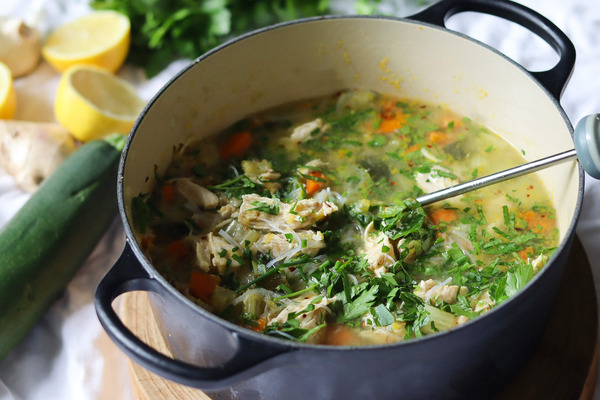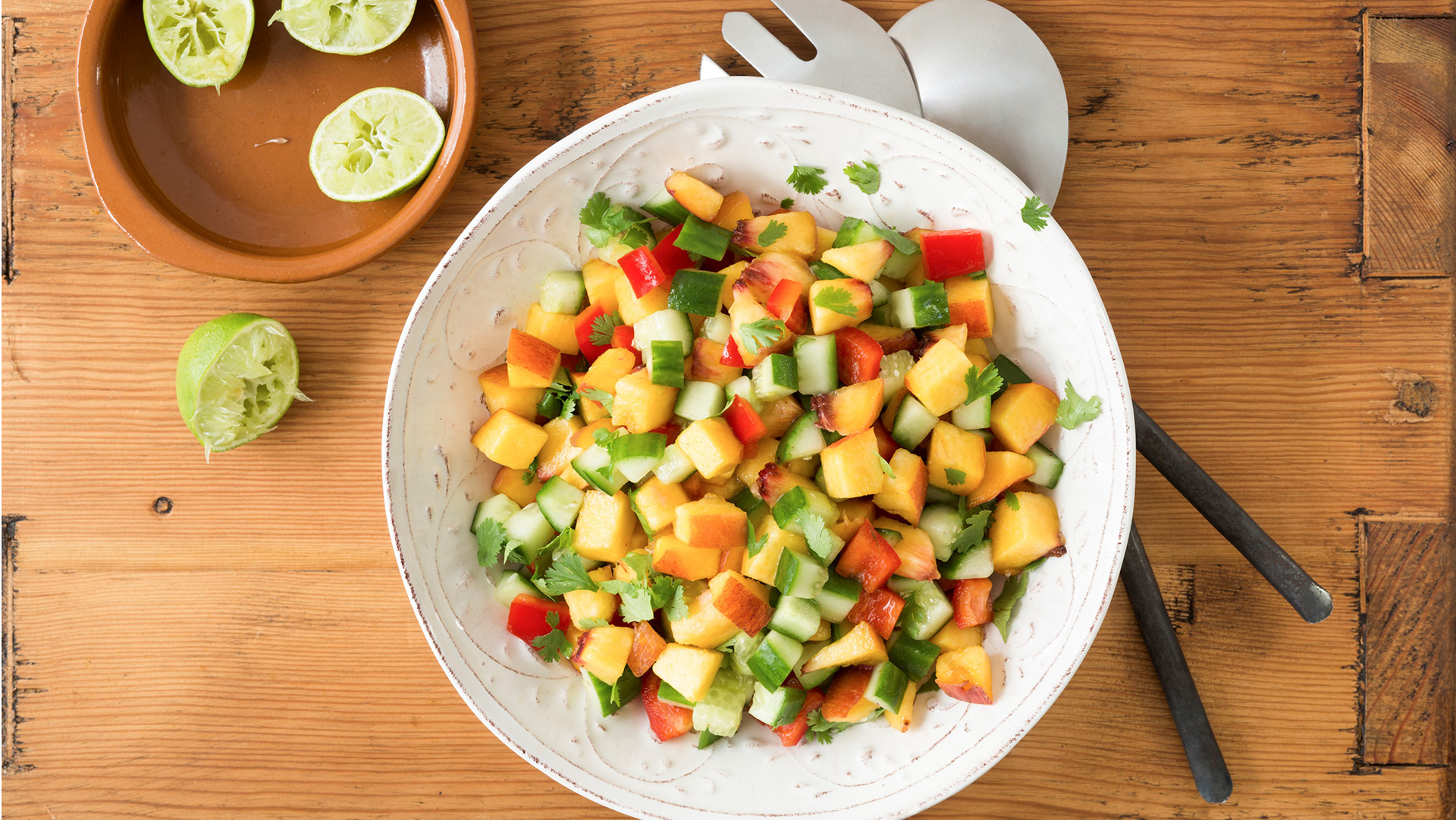-
In October 2015, The World Health Organization released a report investigating how likely red and processed meats are to cause cancer. The internet promptly exploded with headlines proclaiming “Your steak is giving you cancer” and “Bacon is as bad for you as smoking”.
Taking a step back from the attention-grabbing headlines, the real substance of the report was much less alarming.
The meat and cancer report which generated so much public interest was prepared by the International Agency for Research on Cancer (IARC). The IARC serves to help guide advice on food and health given by the World Health Organization.
Yes, the IARC did conclude that processed meat and also likely red meat are linked to colorectal cancer (also called bowel or colon cancer). Colorectal cancer is the second leading cause of cancer death in Australia so the findings rightly did garner a lot of media interest.
Yet even the highest level committee members of the IARC were not saying that if you eat a sausage you are a candidate for cancer. The actual warning was that if processed meats were a daily feature of your diet, your risk of bowel cancer would go up. To put the risk in context, if you ate a 50 g portion of processed meat (about two slices of bacon) daily, over a lifetime this would increase your risk of bowel cancer by 18%.
What was surprising about the heated public interest in the report was that the findings were nothing new. Peak cancer bodies such as the World Cancer Research Fund and Cancer Council Australia have recommended for many years that people eat less red and processed meats for exactly the same reason of cancer risk.
"If you ate a 50 g portion of processed meat (about two slices of bacon) daily, over a lifetime this would increase your risk of bowel cancer by 18%."
What is red meat?
It may seem obvious what red meat is, but some white meats also count as red meat. Confused? Red meat is the muscle flesh of cattle, sheep, pigs and goats. Pork looks white when cooked, but it is typically red when raw from its high haemoglobin content. Fish and poultry though are not part of the red meat family and were not linked to cancer by the IARC.
Processed meat on the other hand is any type of meat (including poultry) that has undergone salting, curing, fermentation, addition of additives or smoking to enhance its flavour or improve preservation. Bacon, hotdogs, sausages, ham and salami all belong here.
A little perspective
So is it game over for bacon and steak? No, not at all. If you choose to eat such foods, then there is no reason to now exclude them from your diet. Red meat is a good source of nutrients such as protein, iron and zinc. The recommendation is just to not have it all the time.
The World Cancer Research Fund recommends eating no more than 500 g of cooked red meat each week and to limit processed meat. Chicken and fish make excellent alternatives to red meat. Or you could consider having more vegetarian meals in your diet and get on board the Meatless Monday trend.
Distilling all of the nutrition advice about reducing the risk of cancer with diet finds us back at some very uncontroversial basics. Eating plenty of plant-based foods full of fibre including fruits, vegetables, and wholegrains and not eating a lot of red and processed meat is the cornerstone of reducing the risk of cancer for everyone.
The real deal on meat and cancer

-
Is sharing a meal the secret ingredient to a happier life?
Why social connection may be the most important ingredient on your plate.
-
Chicken soup with parmesan, rice, peas and lemon recipe
Nourishing chicken soup
-
The best immunity-boosting foods
Key nutrients to focus on that could help to boost your immunity, and the how to get them.
-
Comforting chicken noodle soup
Packed with anti-inflammatory ingredients including leek, garlic and ginger, this chicken noodle soup is hearty, full of goodness and great for any night of the week.
-
Peach salsa recipe
Zesty and unusual peach salsa recipe
-
Pineapple gingerbread crumble recipe
A summer riff on a winter classic.
Subscribe to receive the best from Live Better every week. Healthy recipes, exercise tips and activities, offers and promotions – everything to help you eat, move and feel better.
By clicking sign up I understand and agree to Medibank's privacy policy






